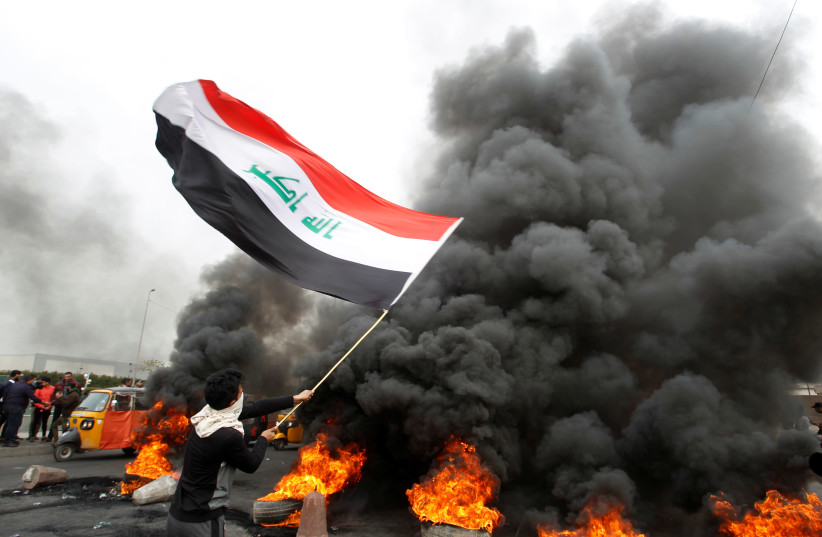The head of the United Nations political mission in Iraq, Jeanine Hennis-Plasschaert, told the Security Council on Tuesday she expected to step down at the end of May, adding the country was "on a knife's edge."
The former Dutch defense minister was appointed by UN Secretary-General Antonio Guterres in late 2018. The UN Assistance Mission for Iraq aims to advance inclusive political dialog and helps coordinate humanitarian and development aid.
"For Iraq to further continue on its path of stability and progress, an enabling environment will prove essential. And, such an environment requires restraint from all sides," Hennis-Plasschaert told the 15-member Security Council.
Iraq has been in the crossfire of aggression from different sides since October 7
Iran-aligned groups, known collectively as the "Axis of Resistance," have been waging attacks against Israeli and US targets from Lebanon, Yemen, Iraq, and Syria since their Palestinian ally Hamas and Israel went to war on Oct. 7.
Washington responded with strikes in a cycle of escalating violence that Iraqi officials said threatened to undo progress toward stabilizing the country after decades of conflict.

"While we are, of course, aware that many authorities and actors seek to limit further escalation, it is clear that the situation remains volatile. Iraq - indeed, the wider region - remain on a knife-edge, with the tiniest miscalculation threatening a major conflagration," Hennis-Plasschaert said.
There was an "urgent need to cease attacks, be they originating from within or outside" of Iraq, she said, adding: "And, as stated many times in past years, this must include reining in armed actors operating outside state control."
The United States invaded Iraq and toppled leader Saddam Hussein in 2003, precipitating years of insurgency war and fighting among Iraq's ethnic and religious groups. It withdrew its troops in 2011 but sent thousands back after the Islamic State's surge into the country three years later.
